
A recent study found that 19% of patients with cancer engaged in nonmedical opioid use.

A recent study found that 19% of patients with cancer engaged in nonmedical opioid use.

A virtual prehabilitaiton program improved patient outcomes before they underwent lung cancer surgery.

Patients with non-small cell lung cancer (NSCLC) who experience immune-related adverse events (irAEs) may have better survival outcomes than those without irAEs.
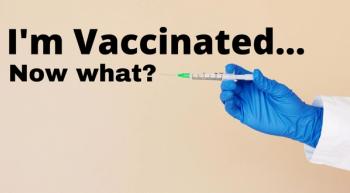
We gathered content on COVID-19 vaccination, and what it means for oncology nurses and the patients they treat.
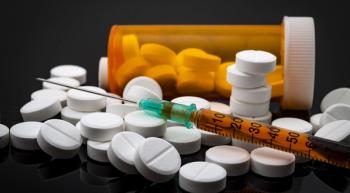
Nearly 20% of patients with cancer engaged in nonmedical opioid use, but oncology nurses can help prevent this from happening.

The FDA approved cabozantinib (Cabometyx) plus nivolumab (Opdivo) for the frontline treatment of patients with advanced renal cell carcinoma (RCC).

The National Comprehensive Cancer Network (NCCN) today release guidance for COVID-19 vaccinations in patients with cancer.

Findings of an epidemiological study show that regular aspirin use could boost survival in older patients with breast and bladder cancers, but more research is still needed.

Vaccine rollout continues to be slow, so social distancing and mask wearing should remain common practice, nurses say.
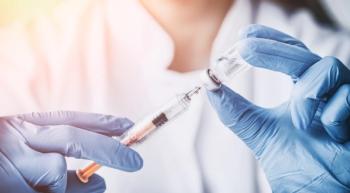
We spoke with a group of oncology nurses about the questions that patients are asking regarding the COVID-19 vaccine.

An artificial-intelligence based tool helped patients find and understand clinical trials, which could eventually lead to more diverse trial populations.

The FDA approved fam-trastuzumab deruxtecan-nxki (Enhertu) for the treatment of patients with locally advanced or metastatic HER2-postive gastric or gastroesophageal (GEJ) adenocarcinoma who previously received a trastuzumab-based regimen.

It's not time to throw away the masks just yet.

We spoke with researchers on the factors that led to nurse loneliness – and what can be done to help.

Nurses should be careful of the words that they choose – around patients and other providers.

Nurse navigation – in addition to a better EHR system – increased the percentage of older patients who utilized advance care planning.

An immunotherapy agent recently had its FDA approval pulled from the American market. But this may not be as bad as it sounds, experts say.

Recent research found that there may be a correlation between opioid use and pancreatic cancer risk.

There is still more to be done in the fields of targeted therapy and immunotherapy, according to the American Cancer Society.

Results of confirmatory trials showed that the drug did not meet its primary endpoints for patients with small cell lung cancer.

Regulating the fas protein may be the key in overcoming resistance in patients receiving immunotherapy treatment, such as CAR T-cell therapy.

Only 4 of the 20 most common cancers have a proven screening method.
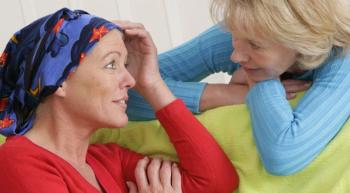
While there are multiple ways to create and deliver a survivorship care plan, clinicians should be thinking about these issues from the moment a patient is diagnosed.
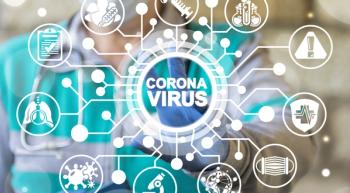
This is the second COVID-19 vaccine to be granted Emergency Use Authorization by the FDA.

The FDA approved selinexor (Xpovio) plus bortezomib and dexamethasone for the treatment of patients with myeloma who previously had at least 1 other treatment.

Nurses want to be seen as leaders in their field, but their image in the public and in the media does not convey that yet. Two experts discuss how to change the “branding” of the profession.

Oncology nurse practitioners are both competent and compassionate, and undergo rigorous academic and clinical training to earn the NP next to their name. However, many states still require them to work under the supervision of a physician.

Four oncology nurse practitioners sat down and discussed the recent developments in the treatment of HER2-positive breast cancer and how to manage this group of patients during a worldwide pandemic.

Oncology nurses do not realize how appreciated they truly are. See the heartfelt thanks that patients shared.

The FDA issued an emergency use authorization (EUA) for the Pfizer-BioNTech COVID-19 Vaccine for the prevention of SARS-CoV-2 (which causes the coronavirus) for people aged 16 years or older.